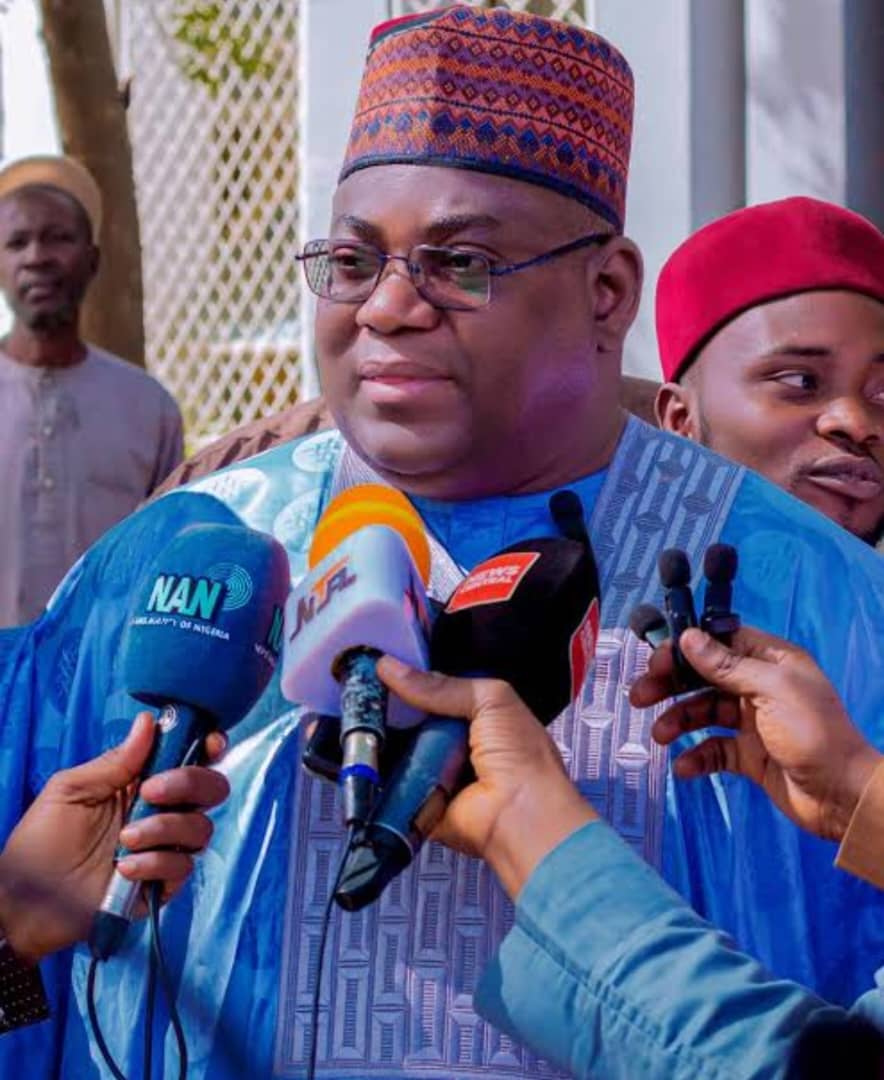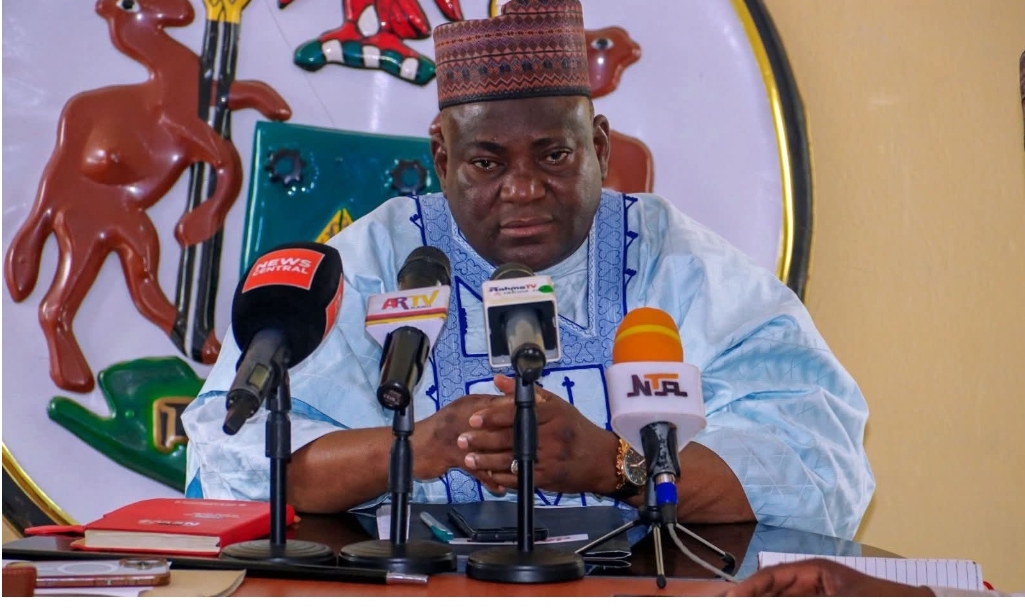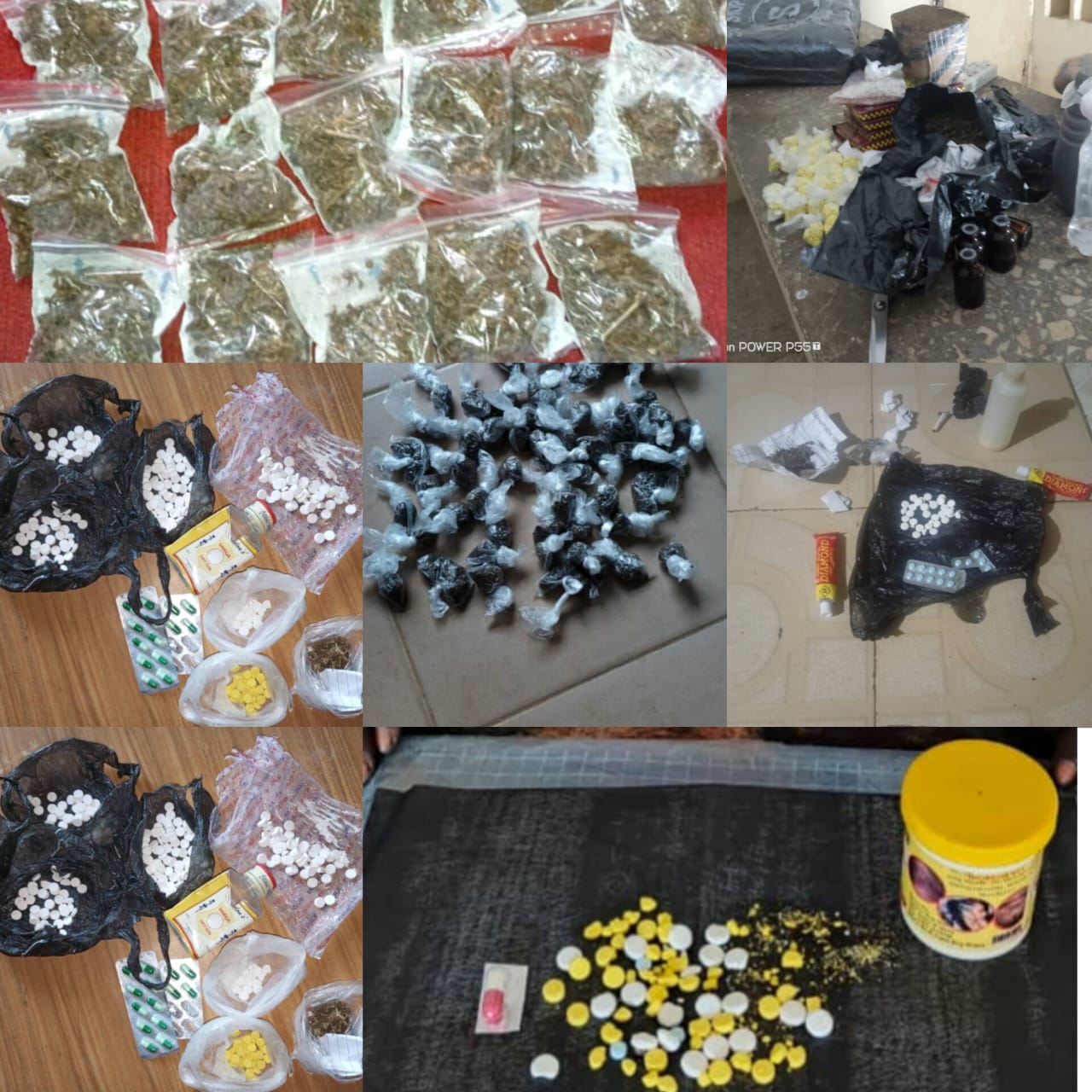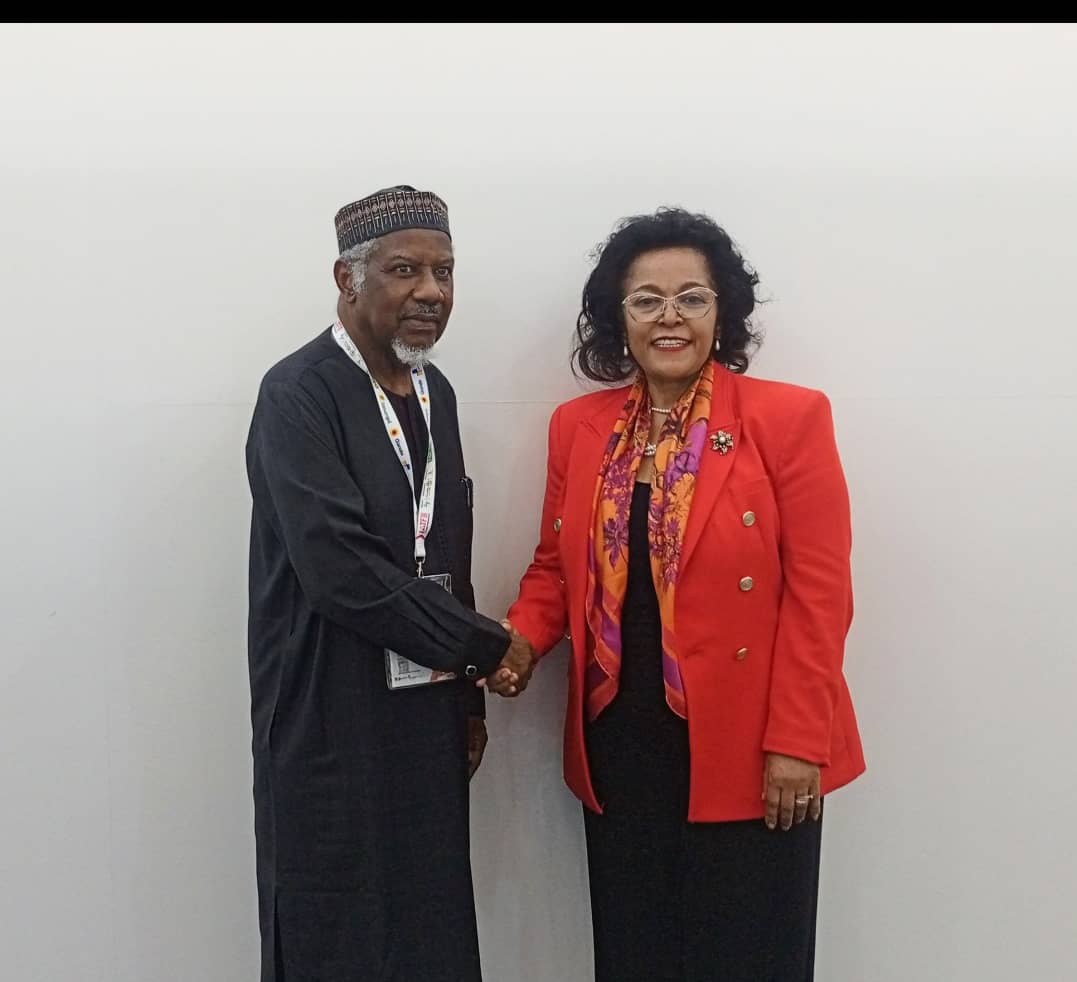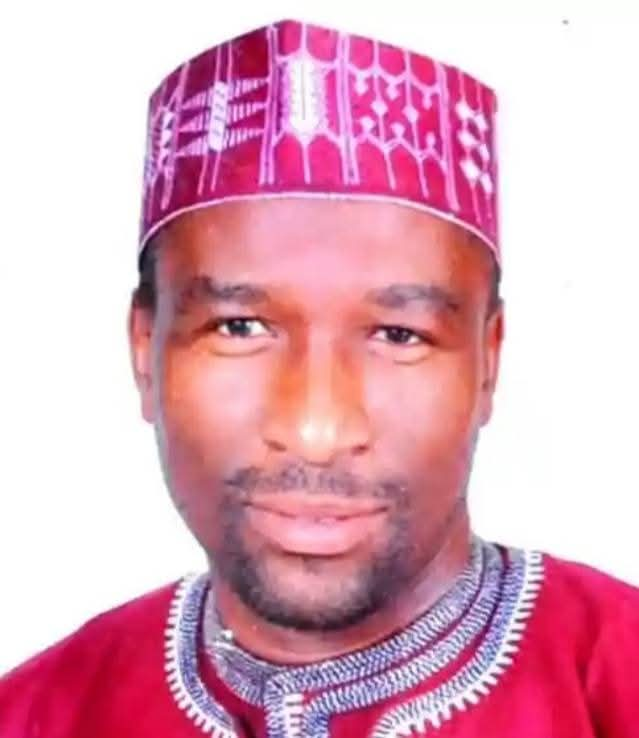The Kano State Government has restated its commitment to transparency and accountability, describing them as the bedrock of responsible governance.
The Commissioner for Information and Internal Affairs, Comrade Ibrahim Abdullahi Waiya, made this known while addressing journalists in Kano.
He stressed that accountability relies on timely and ethical communication to keep citizens abreast of government policies, projects, and activities, adding that the media also shares responsibility by upholding professionalism and ethical standards in reporting.
Read Also: Kano Govt. Charges Journalists on ethical journalism, patriotism
Waiya expressed concern over what he described as repetitive and manipulative media reports targeting officials of Governor Abba Kabir Yusuf’s administration.
He said such reports, often lacking objectivity, appear designed to discredit the government by portraying it as corrupt despite pending legal processes.
He urged journalists to embrace fairness, accuracy, and balance rather than recycling stories to malign the government.
Highlighting reforms introduced by Governor Yusuf, the commissioner noted that the administration has strengthened public procurement processes through the enforcement of the Kano State Public Procurement Law 2021, periodic procurement audits, and the near-completion of the digitalized Kano State Integrated Monitoring System (KSIMS).
Read Also: PICTORIALS: Kano Emir Tasks Journalists on Ethical Conduct, Laments Quackery in the Profession
According to him, these measures are aimed at ensuring value for money, improving project delivery, and boosting citizens’ confidence in governance.
He also outlined achievements of the Ministry of Public Procurement and Project Monitoring, including mandatory public advertisement and opening of tenders, standardization of bidding documents, and strict vetting of payment certificates.
Other initiatives include monthly project evaluations across local governments, training workshops for Ministries, Departments and Agencies (MDAs), and community engagement to involve citizens in project monitoring.
On financial discipline, Waiya assured that all transactions from the Office of the Accountant General are processed independently, free from interference or kickbacks.
He added that the Public Complaint and Anti-Corruption Commission (PCACC) now operates without political influence, reinforcing the state government’s anti-corruption stance.
To deepen transparency, he explained that the Ministry of Information and Internal Affairs publishes details of all projects and budgetary approvals immediately after each State Executive Council meeting, using both conventional and social media platforms.
This, he said, enables citizens to track government spending and follow up on projects in their communities.
Waiya concluded that Governor Abba Kabir Yusuf’s administration is building strong foundations for good governance anchored on transparency, accountability, and prudent resource management to ensure public funds are utilized responsibly for sustainable development and the collective well-being of the people.

